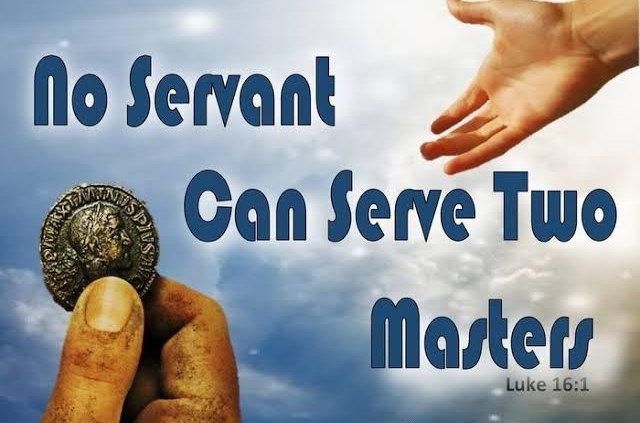Fr John’s Reflection 25th Sunday of the Year

25th Sunday of Ordinary Time – 22nd September
Who plays the tune of our lives?
The news programs are often timed to occur at the traditional times when people would gather from prayer at morning, noon and evening. These hours seek to let us know issues of importance which are occurring in the world and in our local community. Often what we are presented with is a surfeit of information which can have an impact on our lives but over which we are powerless to change. There can be a sense that we are formed to receive but not engage with the reality of life. Even when we see events occurring in the world we become observers, not participants, in issues which create the world we live in. We stand by the sidelines cheering or shouting but not being personally moved in a particular direction.
Yet the Good News takes a very different approach which seeks for us to discover the person who can make a personal difference to our community and to the way we live. This is not based on how much we own, what status we have received or even whether our opinions mirror those of everybody else. Rather it asks the question, on what foundation do I lay my life? Whom do we trust to give us meaning and purpose? Do I measure my life on my material value or my eternal values? Depending on how we answer these questions will become the focus of how we live our lives. Do I seek to engage with God with my whole being which influences the way I act in my relationships with others or do I engage with what I own which shapes how I seek to build walls around myself to protect my stuff?
These are fundamental questions that we need to answer especially in the light of recent debates around abortion, climate change, relationships, gender identity, refugees, and migration. It determines how we see ourselves as human persons in relationship to God and to each other. When we seek to redefine what is truly human on our own terms without reference to the reality that we are made in God’s image and likeness, we can start to treat others in a way which seeks our greatest utility, what is convenient to use and our own immediate needs. People become a means to an end or rather can become treated as objects to be used or rejected. Our economy of life is built solely on ourselves.
Yet the divine economy sees us drawn into God’s plans for the whole of creation which sees us as co-creators. We are not isolated from the life which can sustain all life. We start to see God in all things. It helps us to see the human person from conception to natural death in a new way. It helps us to engage in relationships which seek to provide for the needs of others, especially those in great need. It does not see life as expendable or the life of another as disposable depending solely on our choice. The value is that we see the creator at the heart of all creation and us as stewards of the life entrusted to us. Our life sings with the glory of God and not a staccato beat which jars the senses based solely on our own sense of rhythm. Our lives have eternal value and worth which draw us into relationships which sustain each other and are sustained by our being drawn into the mystery of God.

Fr. John Armstrong



